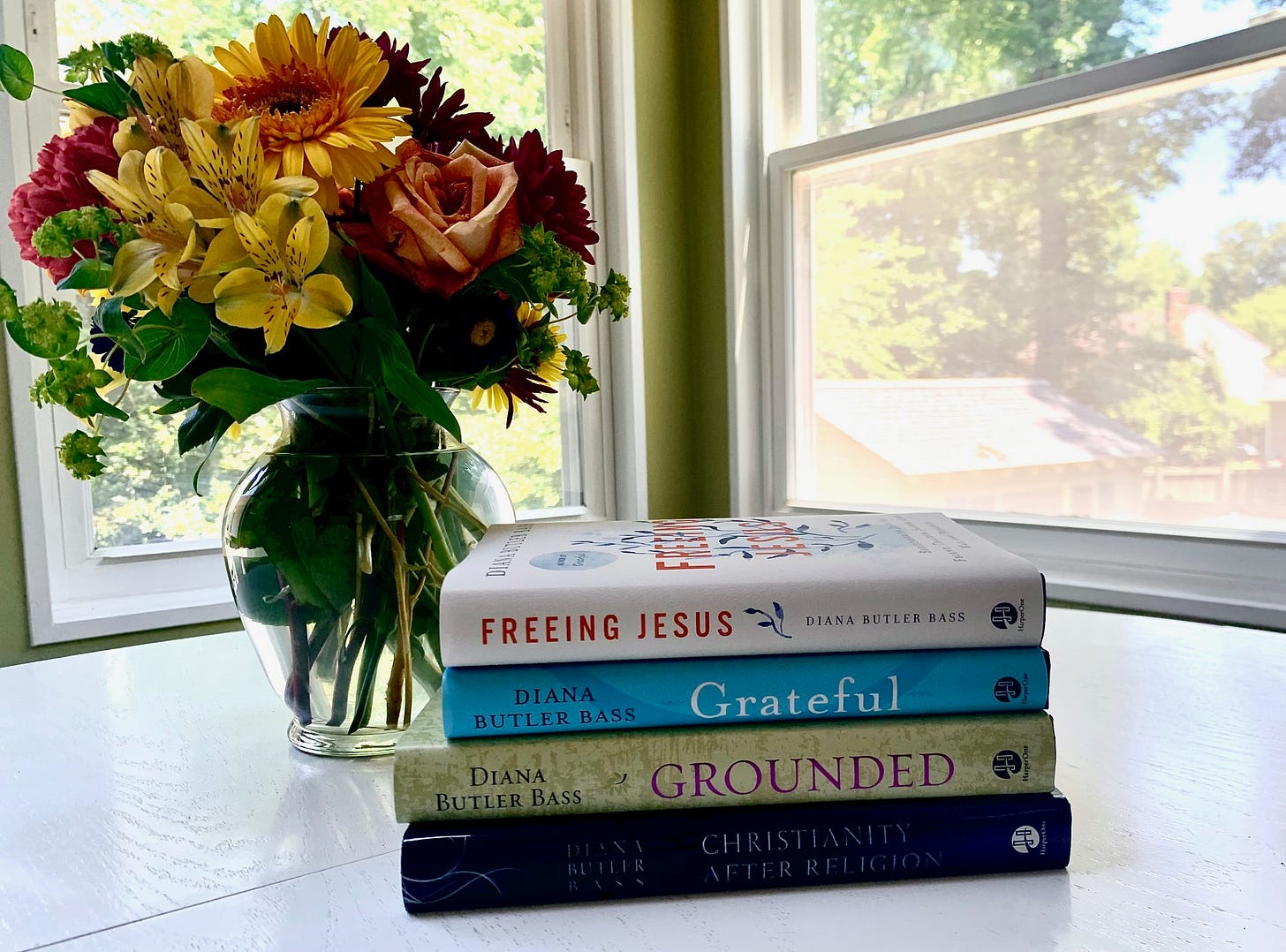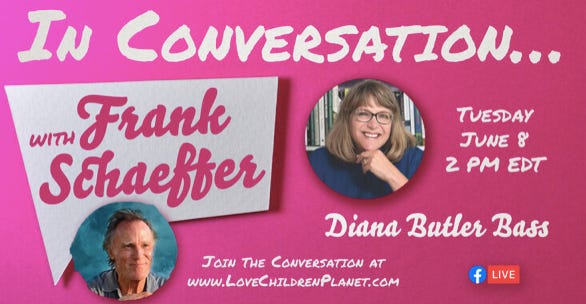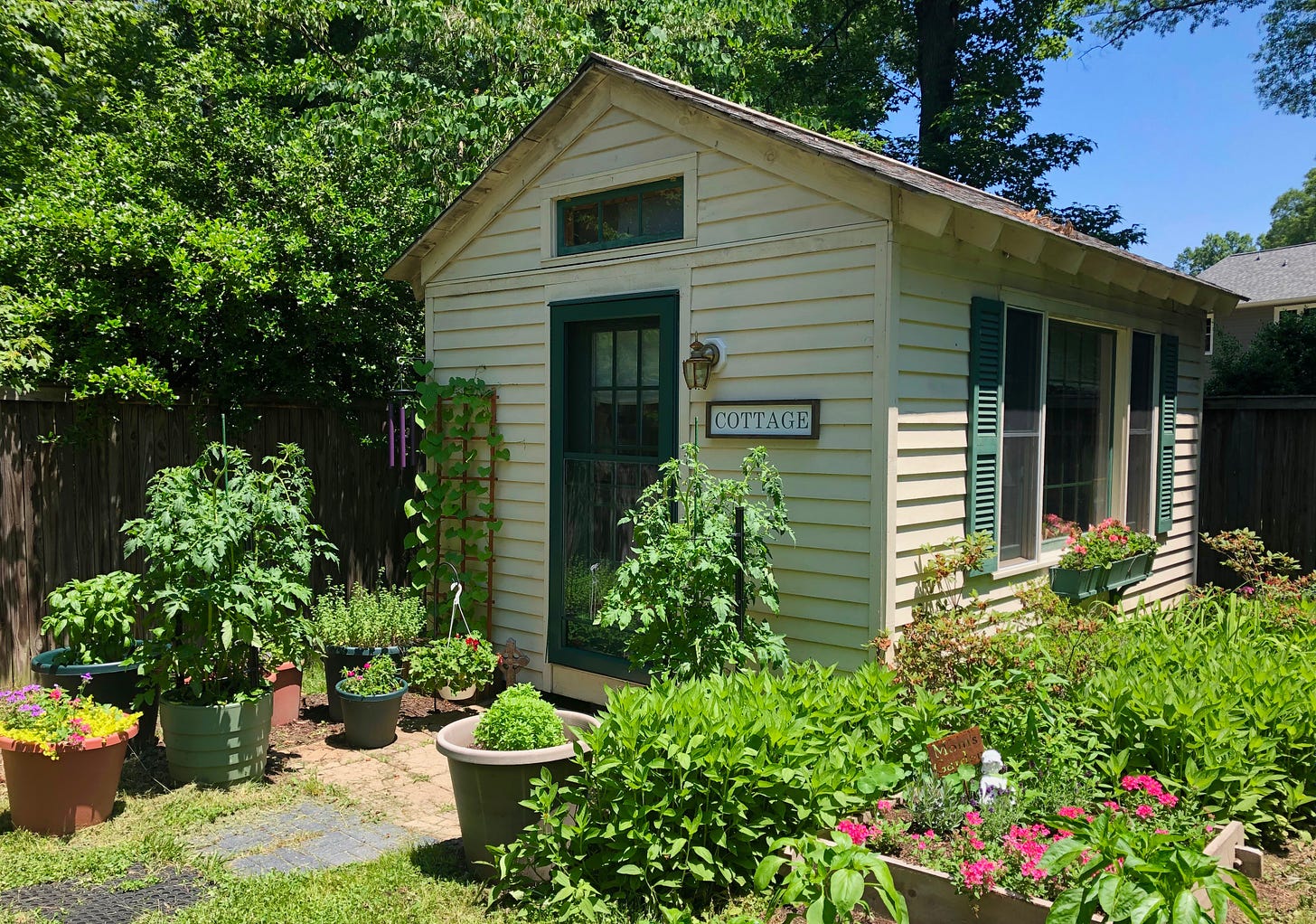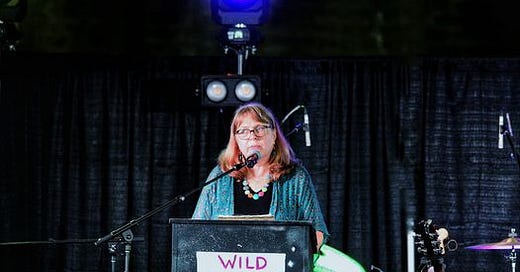

Discover more from The Cottage
In 2012, I wrote a book called Christianity After Religion: The End of Church and the Birth of a New Spiritual Awakening. The purpose of the book was simple - to introduce readers to shifting religious demographics (remember when hardly anyone knew that people were leaving religion in large numbers?) and to propose how communities of faith might rethink some basic issues about their identity, practices, and theology. The thesis of the book was hopeful - that certain forms of “religion” always end, often challenged by emerging cultural forms of spiritual experience and engagement, and that such endings are usually the beginning of some new - and unexpected - awakening.
Awakenings are not revivals. Revivals are, in American history at least, ritualized forms of personal and institutional renewal that typically result in individual conversions and growth in church membership. Awakenings may (or may not) include revivals, but they are fundamentally different. Awakenings are periods of sustained cultural reorganization wherein an entire society is transformed. They are not renewals of what already exists. Awakenings extend and enlarge the boundaries of faith and culture, often embodying unfulfilled aspirations of earlier generations and opening the religious and social imagination toward unexpected directions. Awakenings open eyes and hearts toward greater practices of love and justice - and they fundamentally reshape how we imagine faith, community, and politics.
Revivals happen in churches. Awakenings happen in the public square. Revivals are about “our” group. Awakenings are about all of us. “Every spiritual awakening seeks to make visible,” I wrote, “even if only in some incomplete way, God’s dream for creation.”
And each has succeeded in some way in doing so, as awakenings have resulted in greater compassion and equality in history. Jonathan Edwards (the great theologian of America’s first awakening) imagined each awakening as ripples in the pool of history; throw a pebble in the water and each successive wave moves farther and farther toward the shore. This awakening will not be the last in human history, but it is our awakening. It is up to us to move with the Spirit instead of against it, to participate in making our world more humane, just, and loving (p. 269).
“In these pages,” as the book states, “I have described the end of old religious world, and invited you to see the contours of the new one that is being born all around us. You may wish to mourn the loss of what was, but there is no need to fear what will be, for the future is here only in part, and there is much work to be done” (p. 267-268).
* * * * *
“There is much work to be done” seems prophetic now. I have written three more books since those words appeared a decade ago: Grounded, Grateful, and Freeing Jesus. What might not be entirely clear to new readers is that I haven’t written four books since 2012. I’ve been writing one really LONG book. For Grounded, Grateful, and Freeing Jesus each pick up important ideas from Christianity After Religion, deepening arguments from the earlier book and presenting those ideas in (what I hope are) accessible and compelling ways to people who are seeking a new way of faith. I care about those wearied and wounded by the failure of old religious ideologies and who still desire God - mostly because I find myself in their company.
The middle section of Christianity After Religion suggested that faith was being restructured around new questions of belonging, behavior, and belief. In three relatively short chapters, I explained the old way of understanding each of these aspects of faith - and proposed how each was changing. In short, Christianity After Religion pointed out that we were moving away from external authorities toward experiential knowing.
Thus, the sorts of questions people ask about faith were shifting:
BELONGING shifts from membership toward relationship.
BEHAVING shifts from rules toward practice.
BELIEVING shifts from dogma toward experience.
Those chapters are solid, the arguments helpful. When I read them now, I’m surprised by how much more I think they are true then a decade ago. Yet, I also intuited that they needed more depth and explanation - and that’s the genesis of the three following books:
GROUNDED explores belonging and argues that when we find ourselves in relationship with nature and with our neighbor, we discover ourselves in God. We belong to creation, human community, and the sacred presence.
GRATEFUL explores behavior by looking at a fundamental spiritual and ethical practice - gratitude - that heals our souls and world, reordering our social vision toward hospitality and justice.
FREEING JESUS explores belief, arguing that reflecting on our experience of Jesus is central to Christian maturity, and that walking a way of love is how one can embrace a particular faith and live with integrity and joy in a pluralistic world.
So, what appears to be four different books is actually one extended project - to explore the contours of faith as religion declines and something new is fighting to be born. It is a single piece of work in four movements, all exploring what the spiritual awakening of our day entails.
An Awakening?
I still think so.
* * * * * *
For as hopeful as my recent books have been, each also sounds a warning. This from Christianity After Religion:
Awakenings, however, pose risks. Awakenings can be slowed - or potentially stopped - if people fail to understand the times in which they live and respond with fear instead of hope. Awakenings are both the work of God, and they are hard work. Every spiritual awakening gives birth to counter awakenings, those nativist movements seeking to restore older forms of authority and power… Periods of intense social change and periods of intense religious encounters between different faiths often resulted in historical tragedies when fear-based religious groups gained political power… The global spiritual awakenings of hope and possibility have created global nativist movements of fear and dread… Nativists of all sorts are doing their best to halt the spiritual awakening and undo the future it might create.
The good news: there would be no backlash if there were no spiritual awakening. Indeed, the presence of powerful backlash movements proves how widespread and compelling an awakening has become.
And that’s why - after the the hell of this last decade - I still believe we are in the midst of an awakening. Oddly enough, with all we’ve been through, I feel more grounded, more grateful, and freer than ever. I hope you do, too. I know it can be hard. But take heart. We’ve been on a remarkable journey and we’ve still got work to do.
INSPIRATION
A Vision
If we will have the wisdom to survive,
to stand like slow-growing trees
on a ruined place, renewing, enriching it,
if we will make our seasons welcome here,
asking not too much of earth or heaven,
then a long time after we are dead
the lives our lives prepare will live
here, their houses strongly placed
upon the valley sides, fields and gardens
rich in the windows. The river will run
clear, as we never know it,
and over it, birdsong like a canopy.
On the levels of the hills will be
green meadows, stock bells in noon shade.
On the steeps where greed and ignorance cut down
the old forest, an old forest will stand,
its rich leaf-fall drifting on its roots.
The veins of forgotten springs will have opened.
Families will be singing in the fields.
In their voices they will hear a music
risen out of the ground. They will take
nothing from the ground they will not return,
whatever the grief at parting. Memory,
native to this valley, will spread over it
like a grove, and memory will grow
into legend, legend into song, song
into sacrament. The abundance of this place,
the songs of its people and its birds,
will be health and wisdom and indwelling
light. This is no paradisal dream.
Its hardship is its possibility.
— Wendell Berry
UPCOMING
Events and opportunities you won’t want to miss!
In Conversation with Frank Schaeffer • Diana Butler Bass
If you’ve never heard me and Frank Schaeffer together, well, this is your chance! A Facebook live event. CLICK HERE for more info.
LIVE! Tuesday, June 8, 2021, 2:00 - 3:00 PM eastern.
Jesus Time! A Homebrewed Christianity Live Zoom Event
Dr. Bass' newest book is awesome and we are gonna have a live streaming party. If you don't have "Freeing Jesus: Rediscovering Jesus as Friend, Teacher, Savior, Lord, Way, and Presence" already... what are you waiting for? CLICK HERE for more info and to register.
LIVE! Jun 16, 2021 10:00 PM in London (Tripp lives in the UK); 5:00 PM eastern.
Teach-in with Diana Butler Bass, hosted by FaithLead
Nearly ten years after Christianity After Religion was published, we've invited Diana Butler Bass to share what's happened AFTER the book in demographics, theology, and the emerging shape of Christianity -- and reflect upon her decade of pursuing the central questions presented in the book. In this 1.5 day Teach-In, join Diana as she goes back to the future of Christianity, revisiting trends of the last ten years as well as looking at surprises along the way, opening our imaginations toward hope and joy in living through a time of dramatic change.
Live! Friday, July 23 7:00 PM eastern; Saturday, July 24 noon eastern. (Recording will be available for later viewing to registrants.)
CLICK HERE for more info and registration. Readers of The Cottage receive a discount. ENTER CODE: COTTAGE0725.
















Thanks Diana - excellent observations as usual. You remind me so much in your insights of Phyllis Tickle. I met Phyllis several of years back at a conference in Denver. She was at the beginning of her illness and was launching her book, The Age of the Spirit. What a lovely person. Both Phyllis and you give me hope that a new paradigm is emerging that is bringing us closer to what Jesus is all about. I'm hoping at some point you can accept an invitation to Vancouver, B.C. As Ruben points out, Canada needs you too!
Thank you for your article. I agree we are in an evolutionary time in the church. What I would like to hear are what are the sign or indications. What do you see in this evolving process? Thank you.